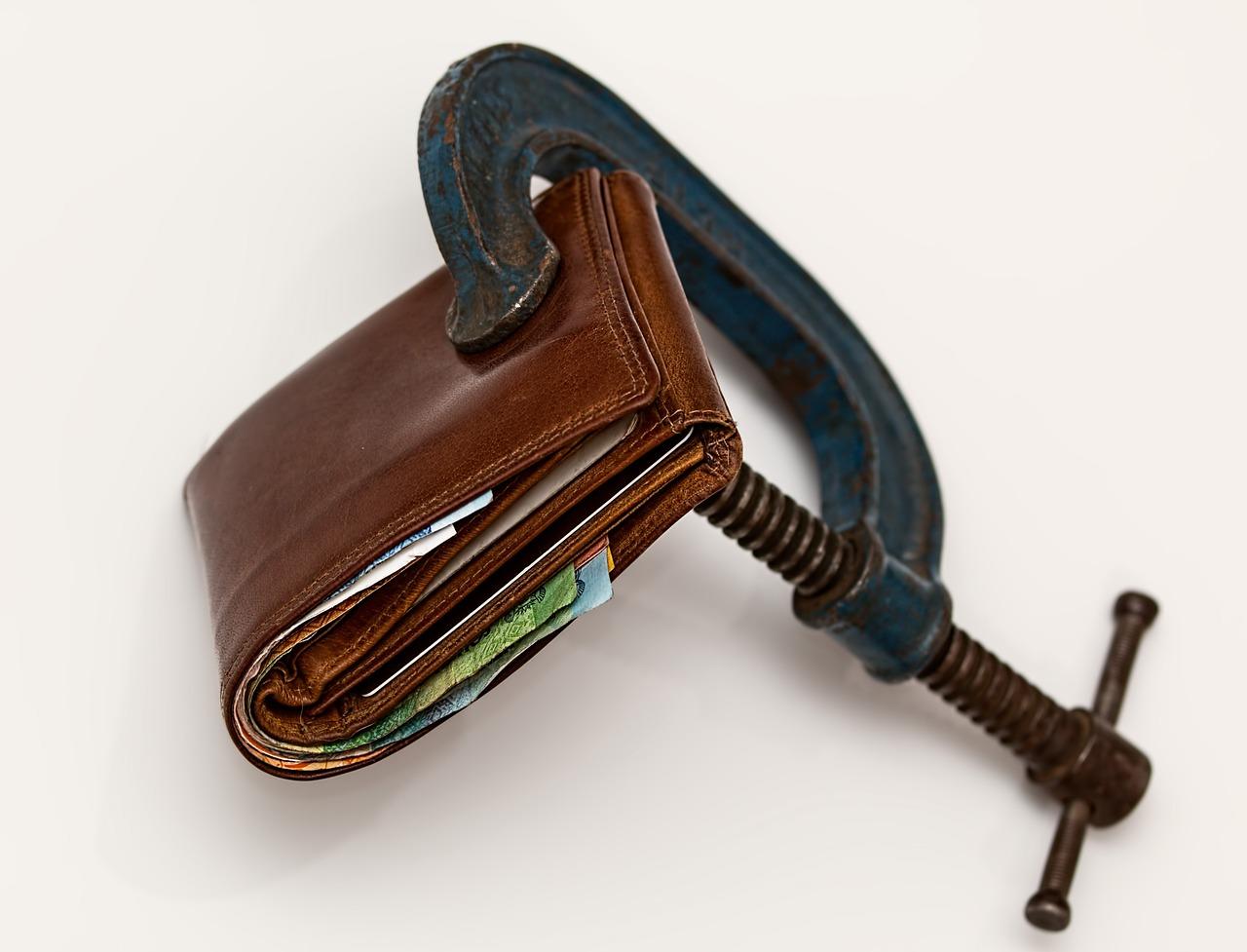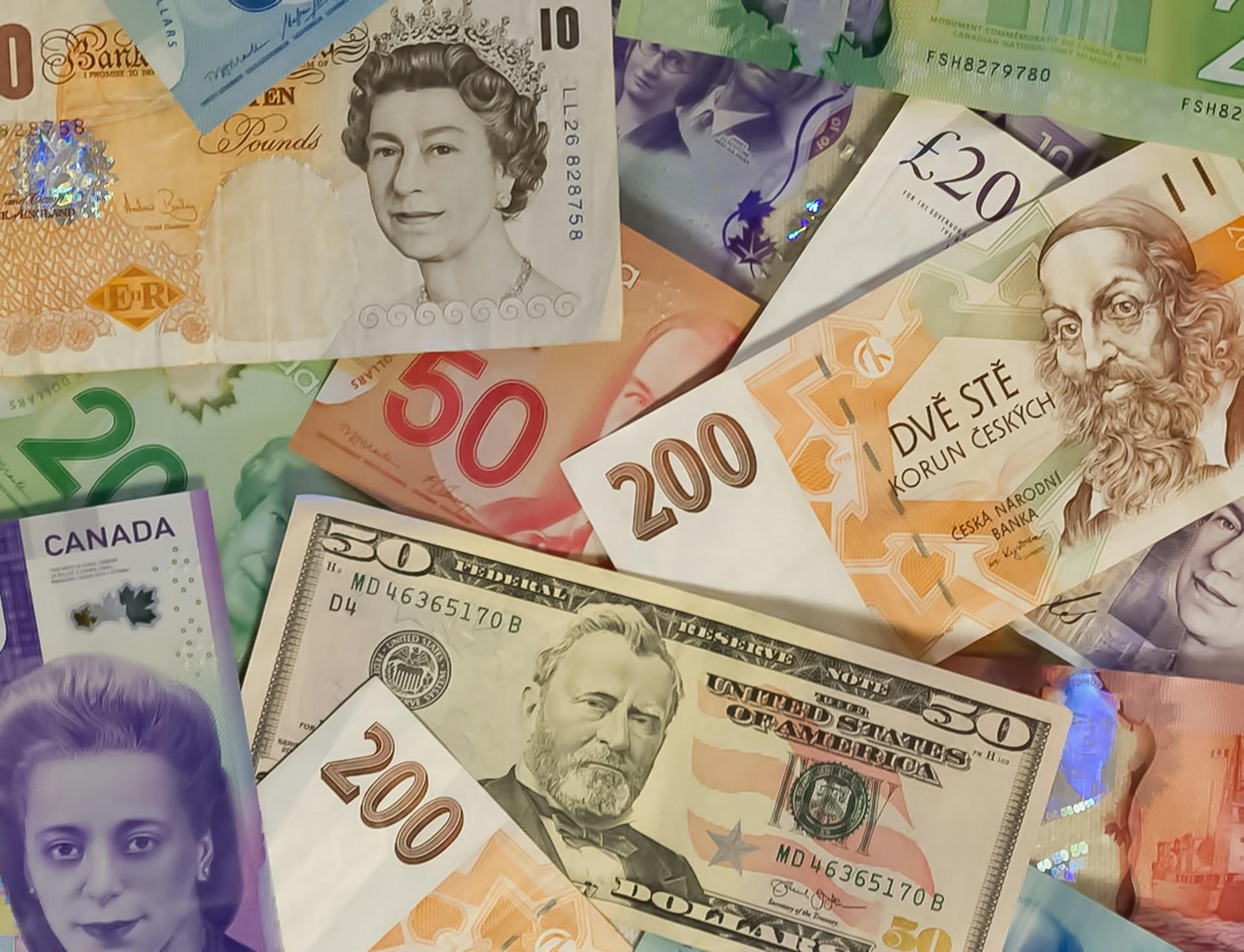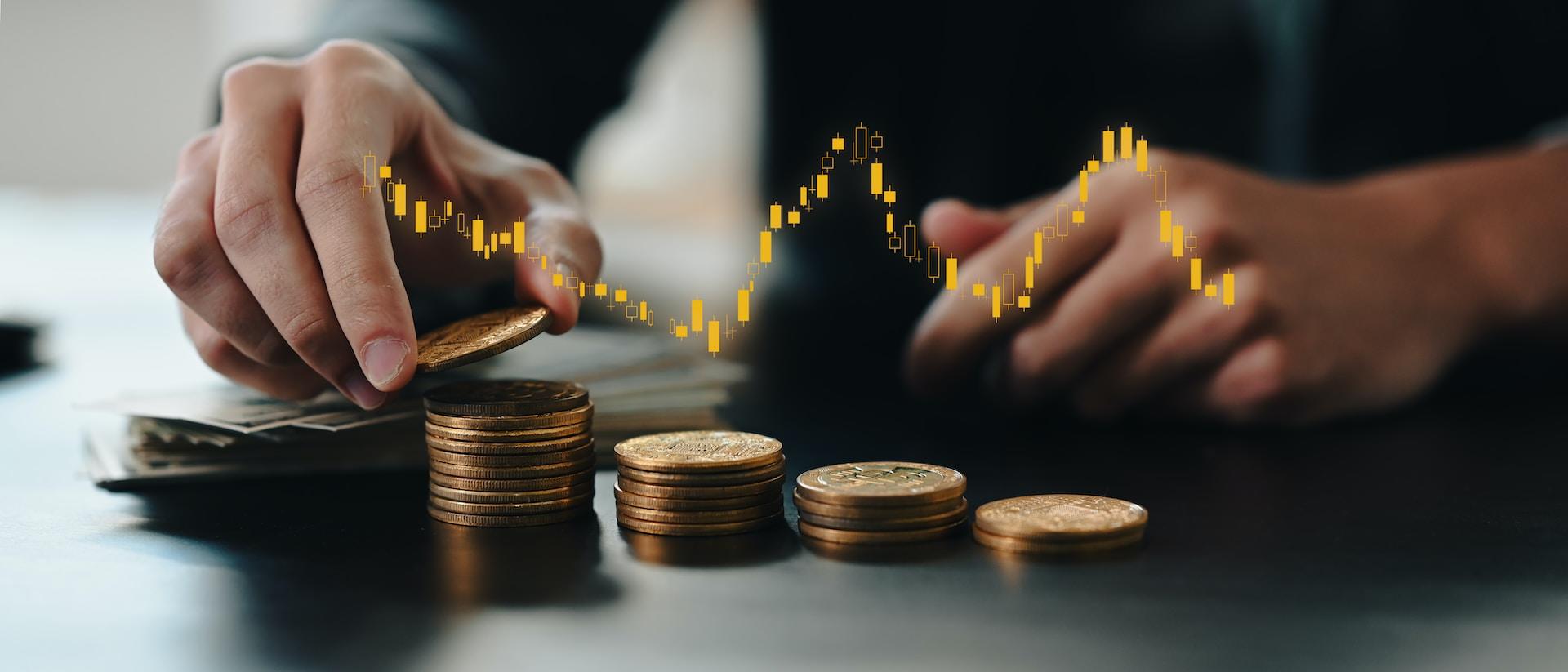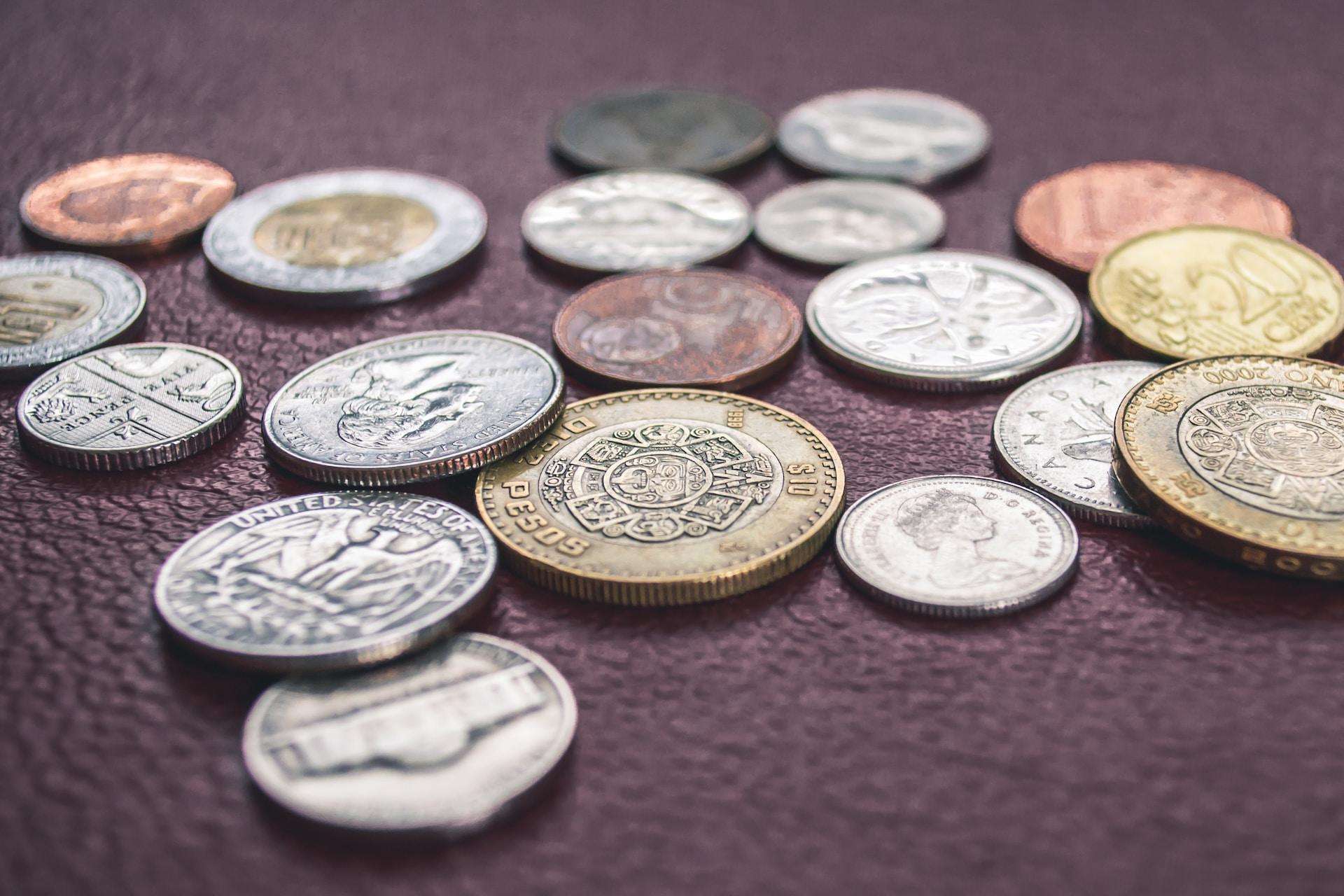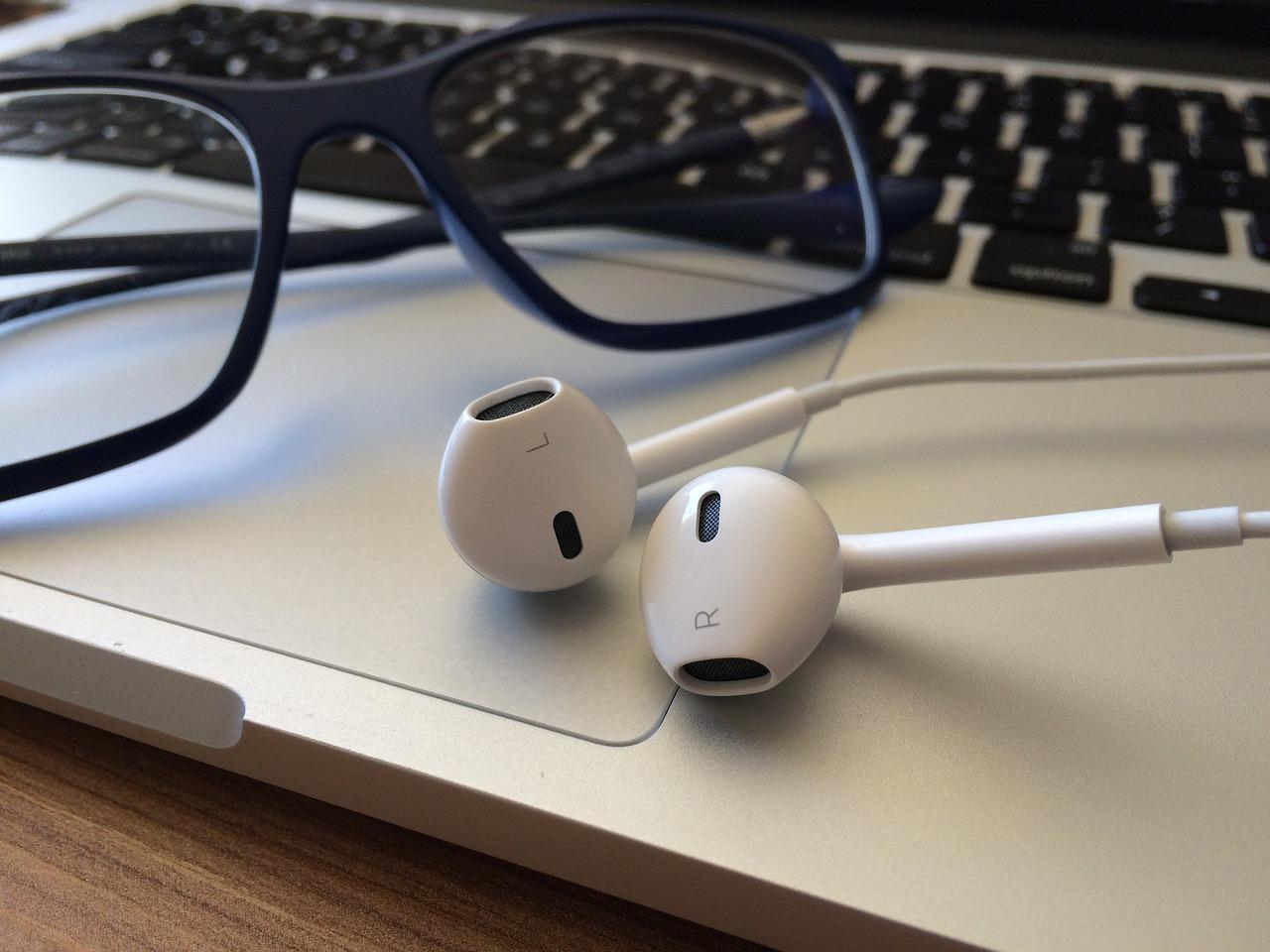Inflation is an ever-present problem in economics, and it has to do with the innate mechanisms of supply, demand, and the exchange of currency. While it has always loomed over our economies, both the growing and shrinking alike, it wasn’t until recently that it started to become one of the main words in the vocabulary of the media.
Sure, there were grumbles about rising prices and stagnating wages before, but almost everybody put that down to the cost of living getting more expensive and discounted it as nothing more than the natural progression of our economic system.
That's pretty much where the discussion stopped. Out of the blue, however, came a worldwide pandemic that brought the global economy grinding to a halt.
Expectedly, people were tearing through shops, buying everything in sight. Price gouging and hoarding reached apocalyptic levels, and the most egregious instances would make the news all over the world for weeks.
It was a classic example of humans panicking against the better judgement of our peers, as all of these actions are known to worsen things, but lots of people were only looking out for themselves. When we finally emerged from our pandemic lockdowns, our road to recovery was mired in the consequences.
Suddenly, everybody wanted to know:
- What is inflation?
- What are the reasons inflation is so high?
- What causes inflation?
- How can I manage my finances to survive inflation?
Of course, there were many other questions. What's the price of bread in the UK? What causes inflation to rise? The sheer volume of questions — 'What is the UK inflation forecast for the next five years?' — speaks of people's concerns over money matters.
Concerns for this moment and for the future. To help you sort through all the information floating around the internet, Superprof explains fundamental aspects of inflation.
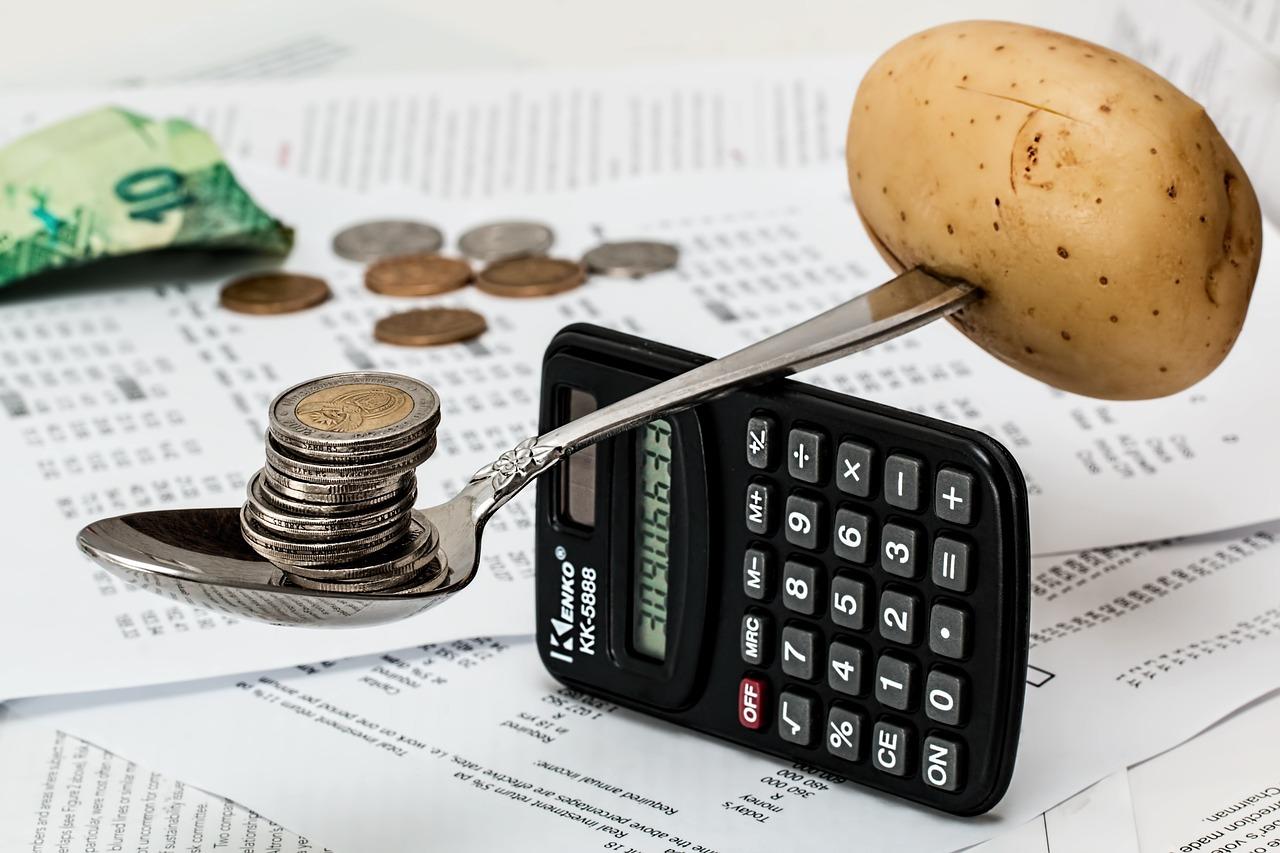

Let's Define Inflation: Inflation Explained Simply
If you’ve come to this article, clueless about the meaning of inflation, don’t worry, we here at Superprof are the best in the inflation definition business:
From an academic perspective, Inflation in business is ‘a sustained increase in the average price level of an economy.’ But that doesn’t really clarify things too much for a layman.
The simplest and most common definition of inflation is the rise in price of goods and services over time. For the most part, people accept price creep; when prices inch up so slowly, they barely feel the pinch. Usually, higher prices are supposed to be offset by wage increases.
People on a fixed income receive periodic cost of living raises to their benefits. As long as inflation stays in what economists call the ‘moderate range’—between one and two per cent, inflation is both manageable and in rare cases, inflation is good.
The less common and more alarming definition is consumers' loss of buying power (also called purchasing power). As the price of goods and services goes up, people can afford less. Especially if their income doesn't notch up to compensate for the higher prices.
Wages may stagnate and prices may rise for many different reasons. Some of them are related. For instance, when the costs of producing goods rise, employers may not want (or be able) to pay higher wages.
At the same time, because producing goods costs more, they must sell for more. Such a situation may kick off a price-wage spiral — prices go up, so workers demand higher wages. Wages drive up production costs, so employers raise their goods' prices again… and so on.
This situation is what built-in inflation is all about. Generally, these employer-employee pay-price actions fit within the framework of moderate inflation economic actors work hard to maintain. Unfortunately, a series of economic events, happening one right after the other, has made it impossible to control the negative effects of inflation.
Before we move onto the other questions you might have, let's quickly address another reason you might have found this article… You might have heard the term ‘personal inflation rate’ and been confused about its meaning. Fortunately, it's quite simple.
Your personal inflation rate refers to your particular spending patterns. Since we all buy different things and goods inflate at different rates, your own personal inflation rate might be different to someone else’s. This could be any number of lifestyle differences.
Vegans for example have a higher personal inflation rate, because vegan products are subject to higher inflation due to more difficulty in supply and higher production costs.
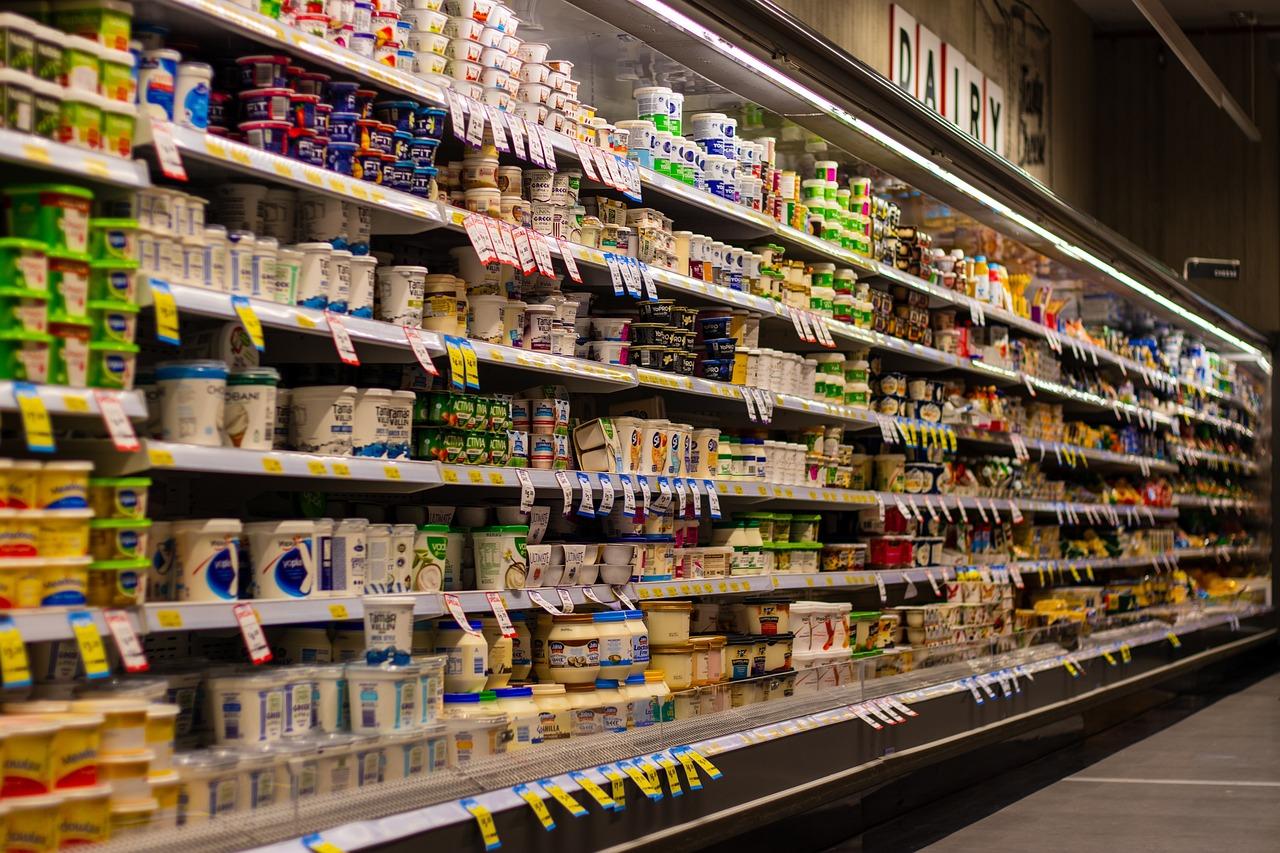
Can Inflation be good? How does inflation affect the economy:
Some readers might be curious whether inflation can bring about any positive effects… So let’s talk about it for a moment. What are the pros and cons of inflation?
Why is inflation good?
In some instances, economists proclaim that inflation is good because it encourages people to spend their money rather than holding onto it, which is a key driver of economic growth. The reason for this is that inflation causes individual currency to lose value over time, meaning that the same £100,000 sitting around unspent will still be £100,000, but each of those pounds will be able to buy less.
Why do we need inflation?
Inflation can be thought of as a fuel that galvanises the economy to keep moving. If we really think about what the goal of capitalism is, (at least on an individual level), we realise that without inflation, the winners would be sitting on huge useless piles of wealth and the losers would have nothing. Inflation means that money needs to keep moving to be useful, which also means that those at the bottom of the ladder have a chance to move.
Since we know that inflation is an innate mechanism of economics, this is why we know there is a difference between recession and inflation, where recession is a term we use for negative economic growth. Inflation is present in times of both growth and recession.
The Cons of Inflation:
By using our fuel analogy, it’s very easy to understand inflation, and also to predict what happens when inflation rises. Just like real fuel, if too much of it is concentrated, we end up with a rapidly spreading fire that grows out of control. The same is true for the economy, which under the more extreme effects of inflation is a bit like a forest fire.
Those people we talked about earlier, the hoarders and the short sellers, can be compared to animals trying to climb trees during such a fire. They will be safe from the flames for a little while longer, but someone or something will need to put out the fire, otherwise they are just delaying the inevitable.

Why Does Inflation Occur?
In our definition of inflation, we mentioned built-in inflation. That term describes a type of inflation where economic actors — consumers, producers, central banks and governments anticipate a reason for inflation.
Producers adjust their prices when they expect inflation to rise. The Central Bank will seek to restrict the supply of money by raising interest rates on short-term lending — the loans they make to other banks and the government.
As far as solutions to inflation go, unfortunately for us regular people and consumers, governments rely on fiscal policy and monetary policy to control inflation, which means we’re often at the mercy of policymakers who see us as just numbers.
Fiscal policy describes actions taken by the government, such as raising taxes or cutting spending. Monetary policy describes actions taken by the central bank with government approval.
They may 'print more money', meaning they release more currency into the economic stream. Or they might restrict the currency's flow by raising interest rates on loans.
Increased spending by the government, producers, and consumers may result in demand-pull inflation. In theory, this type of inflation causes economic growth. It's seen as a beneficial type of inflation. However, too much demand could result in cost-push inflation. That's a sudden and severe drop in the supply of goods. How do governments and banks react to these different types of inflation?
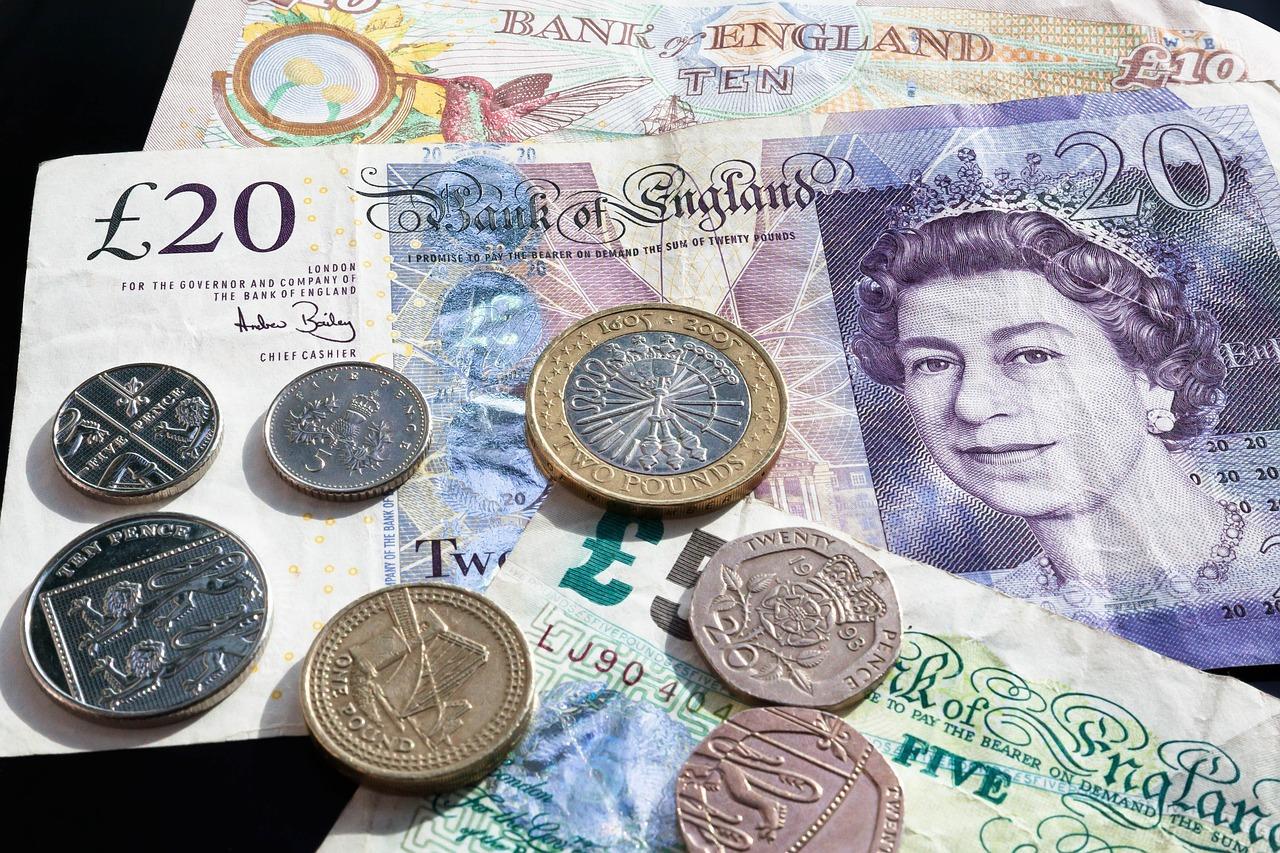
Why is Inflation so High Right Now?
Inflation is generally categorised into two or three types. ‘Cost push inflation’, ‘demand pull inflation’ and ‘built-in inflation’. In terms of inflation types, cost push and demand pull can be thought of as inverses of one another, so to keep things brief we will talk about two types of inflation.
Built in inflation:
Built-in inflation is the main example we’ve discussed so far, it is the effect of wages rising to match the increased cost of living and things becoming more expensive as a result in a seemingly never ending cycle.
This type of inflation is constant, but is exacerbated by surrounding economic circumstances. That is to say, it gets worse in hard times, and better in good times, but it never goes away, hence its name ‘built-in’.
Cost push inflation:
Cost push inflation refers to inflation that happens due to limitations and changes in the production and supply of goods, products, and services.
The causes of cost push inflation are represented by examples like the supply of a particular material becoming more scarce, which would cause the manufacturer to spend more money acquiring it. This would then be reflected in a higher price for the consumer, who would then need more money to be able to afford it.
Cost push inflation examples are a good way of understanding inflation in general, since the real life context makes it much more palatable for our minds.
Managing Money Against Expected Inflation
On the economic stage, consumers are only really bit players. What we buy and how we prepare for expected inflation pales in comparison to other economic actors and as such if we were to ask “What are the 5 causes of inflation”, consumer choices would probably not even make the list. And that's if the average consumer even expects inflation and safeguards their financial life against its negative effects.
Few people concern themselves with the consumer price index (CPI) or the retail price index (RPI). These days, it's all we seem to talk about.
CPI and RPI measure different aspects of the economy. They're also used in different ways. For instance, an employer might use the RPI to negotiate wages. The government uses the RPI to set benefits. By contrast, the CPI reflects price fluctuations of goods in certain regional areas. The UK is one of the few economies that uses the retail price index. Almost everywhere else, the CPI is the only index that matters.
Focusing on those numbers is quite unsettling. The UK RPI forecast and the global CPI forecast are downright anxiety-inducing. Wondering how to feed the family and heat the house this winter is even more so. Do we really need to stress over numbers? Or should we implement strategies to protect our financial health as we ride this inflation event out?
In times like these, the worst thing to do with your cash is nothing. Remember that, as the price for goods and services rises, your buying power falls. Even parking, a portion of your pay in savings is not recommended. If you're in a position to pay yourself — something you should be doing anyway, use that chunk of money to buy investments. But choose wisely! Recognising sound financial instruments is notoriously tricky.
If you're not in a position to invest even 1% of your pay, you still have options. They entail a radical rethink of your lifestyle, though. Everything from how often you wash clothes to the types of foods you buy. Budgeting down to the penny (and sticking to the budget!) is the key to your success in these times. Well, at any time, and that tip applies to everyone.
Once you know exactly what you have coming in, you can allocate how it will be spent. How much goes to housing and utilities, food, clothing, transportation and so on? If and when you have a bit extra, put it to good use.
Maybe your budget surpluses won't be enough to invest (yet) but it can work for you by stocking up on non-perishable goods. Keep in mind that what you buy today costs you less than if you had to buy it in the future.
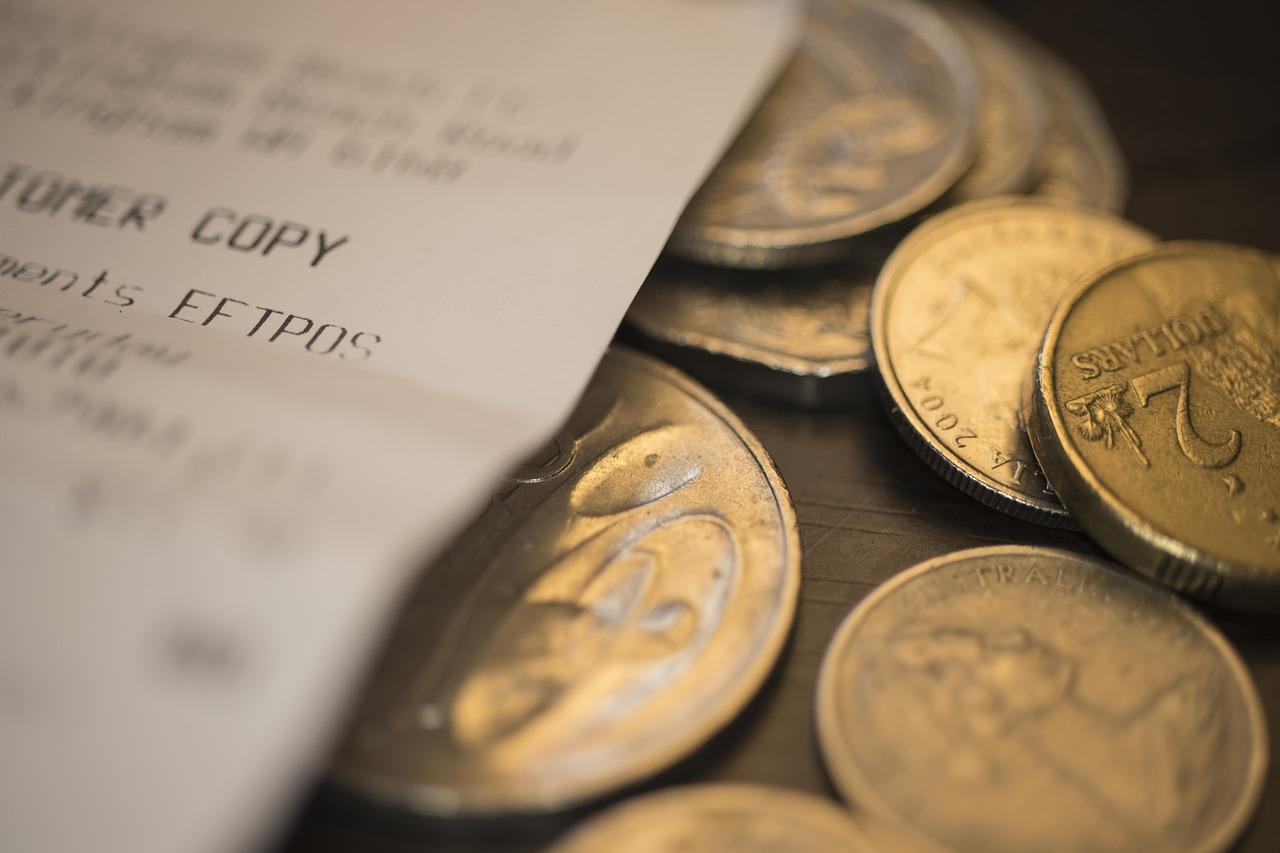
Unless they're extremely protective of their financial health, people like you and I will suffer the negative impacts of inflation. Investors can benefit in these times, but only if they manage their investments carefully. Governments have a tough row to hoe. They must keep their economy afloat while manoeuvring to bring inflation under control.
Often, the methods at their disposal for the former risk aggravating the latter. For instance, the promised household energy subsidies will flood the economy with money. But the central bank insists that the only way to tamp inflation down in restricting the supply of money. In short, the inflation predictions UK are all over the map.
Check out the other articles in our Superprof blog to learn more about the economy and other interesting subjects.
Summarise with AI:

